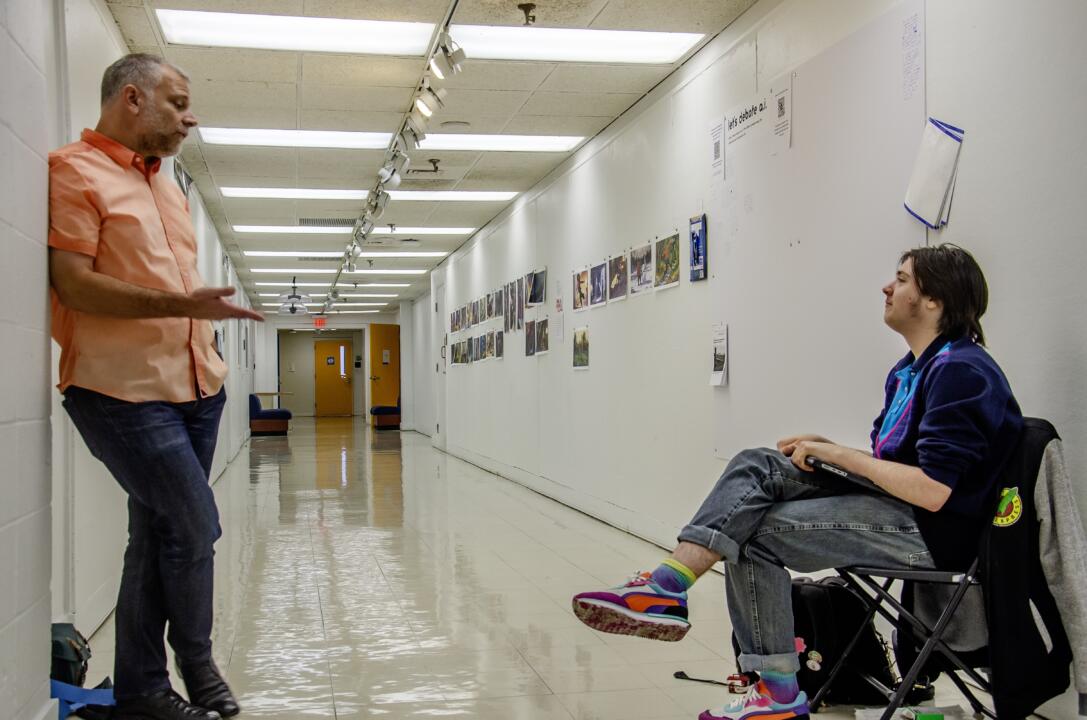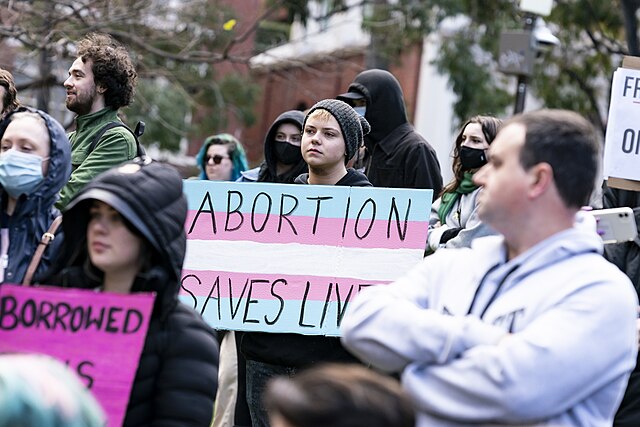Ever since the COVID-19 outbreak hit the United States, for Calista Ogburn, just going to the Home Depot with her brother can produce stares.
“We were walking around, and these people would stare at us. Not just a quick glance,” Ogburn said. “I’ve become [to them] this person that they assumed would be the carrier of the virus.”
Ogburn lived in South Korea from 10th to 12th grade and graduated from an international school. “When I was hearing how severe [COVID-19] had gotten in Korea, I was just really sad. When it finally came over here, it was interesting to see how ignorant some people are, a lot of people assuming that it’s the ‘Chinese virus,’ and assuming that I’m Chinese,” Ogburn said.
During one of his press briefings, President Donald Trump crossed out the word “Corona” and replaced it with “Chinese” when referencing coronavirus, deeming it the “Chinese virus.” On March 25, he told Fox News in an interview that he would cease using the term. “Look, everyone knows it came out of China, but I decided we shouldn’t make any more of a big deal out of it. I think I made a big deal. I think people understand it,” Trump said. Secretary of State, Mike Pompeo, had also referred to the virus as the “Wuhan virus.”
“Since that whole thing [in Home Depot] happened, I’ve not wanted to go out. I don’t want people to look at me a certain way,” Ogburn said.
Ogburn, who is a published poet with a book called “a splash of yellow” available on Amazon, has been using her art to express her frustrations and concerns about racism and the virus. Before COVID-19 had reached a global population, Ogburn says she was writing poetry for other Asians who were feeling targeted and stereotyped. But as the situation grew and worsened, she has widened her target audience. “Now more than ever we need the arts, we need to cope, paint or write. More than anything, personally, poetry has been my form of providing comfort to others or to myself,” Ogburn said.
This problem is widespread, as Ogburn sees it. And the way she sees it being handled is through education. “It’s important to find reliable resources, and people need to realize how they treat other people,” Ogburn said. “Asians are humans, too. Since Asians are considered the ‘model minority,’ a lot of people are saying this is okay to bash on Asians. While everyone’s doing that, it’s just showing how unempathetic people are.”
Tamara Bhalla, who is the council chair of the Asian American Faculty and Staff Council and an associate professor of American Studies, echoes Ogburn’s sentiment about the “model minority.”
“There’s this assumption very much associated with Asians in the United States, that Asian-Americans are the ‘model minority,’” Bhalla said. “One of my goals has been to look at the diversity within the Asian student population and to realize that they are not all similarly privileged and that they deal with different problems and encounter problems.”
And, as she points out, this is by no means the first time a disease like this has been racialized.
“You see Ebola as a disease that’s racialized [and] the SARS epidemic was racialized, so I think that the coronavirus and the way that the media’s talking about it has this kind of embedded anti-Asian sentiment and this idea that, you know, this disease is associated with China, but also with East Asians more generally,” Bhalla said.
That anti-Asian sentiment that was sparked by SARS dates back to the 19th century when the term “Yellow Peril” first emerged, or the “othering of Asians,” according to Dr. Fan Yang, an associate professor in the Department of Media and Communication Studies and acting associate professor for the Dresher Center for the Humanities at UMBC.
“Yellow Peril, of course, refers to this kind of skin color, yellow, and simultaneously evoking that biological feature, but also as this othering category that signifies some kind of disease, some kind of invasion, so the virus idea is in resonance there,” Dr. Yang said.
As Dr. Yang sees it, UMBC is already an inclusive environment, and the best thing students can do is to try to educate themselves. “Be informed about the unpredictable nature of this virus and recognize the complex social systems that are called upon to address this public health crisis, which [is] global rather than national in scope,” Dr. Yang advised.
A team from UMBC and College Park is trying to do just that. Led by UMBC psychology professor Charissa Cheah, they are conducting research about discrimination against East Asians with help from a grant from the National Science Foundation. The co-investigators are Shimei Pan, a UMBC information systems assistant professor and Cixin Wang, an assistant professor of school psychology from UMD.
The team hopes to be able to fully understand the racial discrimination and the long-term effects of the racialization of the disease. The team will be using focus groups and surveys, according to the UMBC News.
As Cheah stated in the interview conducted by UMBC News, she hopes that the “knowledge from this RAPID grant will help educators, health care providers and policymakers to proactively support targeted marginalized groups and the larger public during future emergency events.”
Morgan Casey contributed reporting.

